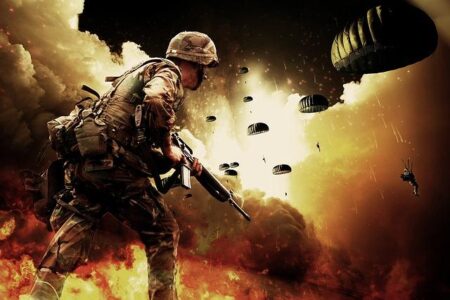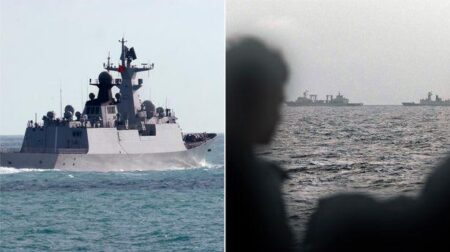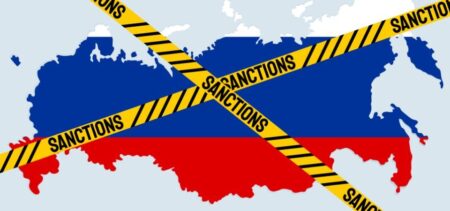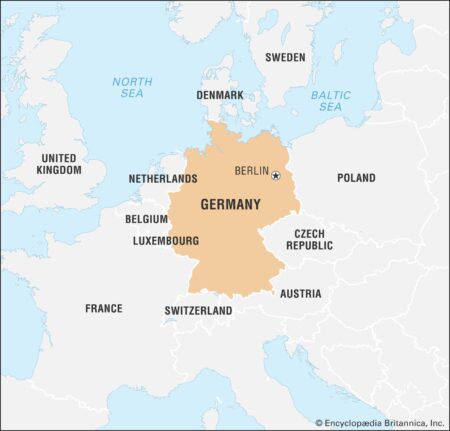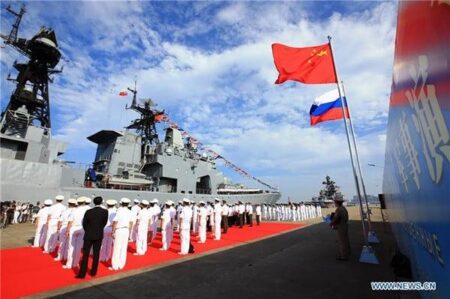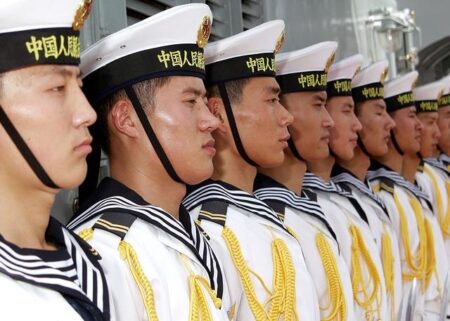Ukrainian President Volodymyr Zelensky announced that Kyiv has yet to secure security guarantees in connection with a mineral deal involving Trump. The ongoing war with Russia underscores the urgency of reliable defense commitments for Ukraine.
Browsing: Geopolitics
Recent live-fire drills conducted by highly advanced Chinese warships have raised alarms in New Zealand and Australia. The exercises, showcasing China’s growing military prowess, underscore rising regional tensions and prompt concerns over maritime security in the Pacific.
On the anniversary of the Ukraine war, the EU, U.K., Canada, and Australia have announced a new wave of sanctions targeting Russia. This coordinated effort aims to further isolate Moscow economically and hold it accountable for ongoing aggression.
Japan has called on G7 nations to strengthen their unity in support of Ukraine, emphasizing the need for coordinated efforts to achieve “lasting peace.” The appeal comes amidst ongoing tensions and highlights Japan’s commitment to international stability.
France is set to extend its nuclear deterrent capabilities to European nations, reinforcing regional security amid rising geopolitical tensions. This initiative aims to bolster defense cooperation and provide a robust nuclear shield, ensuring collective stability in Europe.
Germany’s new leader has announced plans to pursue greater independence from the United States, signaling a shift in foreign policy. This move aims to enhance national sovereignty and strengthen ties with other global partners in a changing geopolitical landscape.
As the third anniversary of Russiaﻗs invasion of Ukraine approaches, individuals and communities are urged to engage in solidarity efforts. Advocacy, donations, and raising awareness can significantly impact the lives of those affected by the ongoing conflict.
In a landscape marked by international tensions and shifting alliances, Donald Trump’s foreign policy approach raises alarms. From Canada to Ukraine, his administrationﻗs decisions echo across borders, prompting global leaders to reassess their strategies.
In recent speeches, former President Donald Trump has repeatedly referred to Canada as the ﻗ51st state,ﻗ sparking speculation about U.S.-Canada relations. Critics wonder why King Charles III remains silent on these claims, raising questions about political diplomacy between nations.
In the ongoing conflict in Ukraine, neither side has secured a decisive victory, perpetuating a deadly stalemate. Factors such as entrenched positions, international dynamics, and shifting alliances hinder progress, leaving the nation in a protracted state of uncertainty.
In the wake of DeepSeek’s advancements, India is intensifying efforts to position itself in the escalating US-China AI race. With a focus on innovation and collaboration, the nation aims to strengthen its technological capabilities and solidify its global presence.
In a significant escalation of the ongoing conflict, Moscow has initiated its largest drone attack in three years against Ukraine. This aggressive military action underscores the worsening tensions and the protracted nature of the war. The latest developments continue to raise alarm among global observers.
In a significant development, several flights were diverted as China conducted an unusual military drill near Australia. The drills, which raised concerns among aviation authorities, highlight escalating regional tensions and the increasing complexity of airspace management.
In a recent Chatham House report, experts outline key strategies for the UK to bolster its support for Ukraine and European security. Recommendations include increased military aid, stronger sanctions on Russia, and enhanced diplomatic efforts to unite allies against aggression.
China has criticized Australia for “hyping” recent Chinese naval drills, calling the claims unfounded and politically motivated. This escalation in rhetoric reflects ongoing tensions between the two nations amid regional security concerns.
France and Germany have reportedly obstructed a ﻗ؛20 billion aid package for Ukraine, as highlighted by Spiegel. The delay raises concerns over continued European support amid ongoing challenges in Ukraine’s recovery and defense efforts.
A recent CNN report raises doubts about the effectiveness of China’s military buildup, questioning whether its advancements in arms truly prepare it for conflict. Analysts suggest that while the expansion appears formidable, practical capabilities may not match the rhetoric.
The U.S. is reportedly opposing the inclusion of a direct reference to “Russian aggression” in the G7 statement commemorating Ukraine’s anniversary. This move raises questions about the bloc’s unified stance on Moscow amid ongoing conflict.
China’s recent naval drill in the South China Sea has elicited a measured reaction from Australia and New Zealand. Both nations stress the importance of regional stability, emphasizing the need for dialogue amid rising geopolitical tensions.
Recent Chinese naval drills near Australia have sparked complaints from Australian officials and led to flight diversions in the region. The exercises, deemed a security concern, highlight growing tensions and the complexities of maritime operations in the Indo-Pacific.

